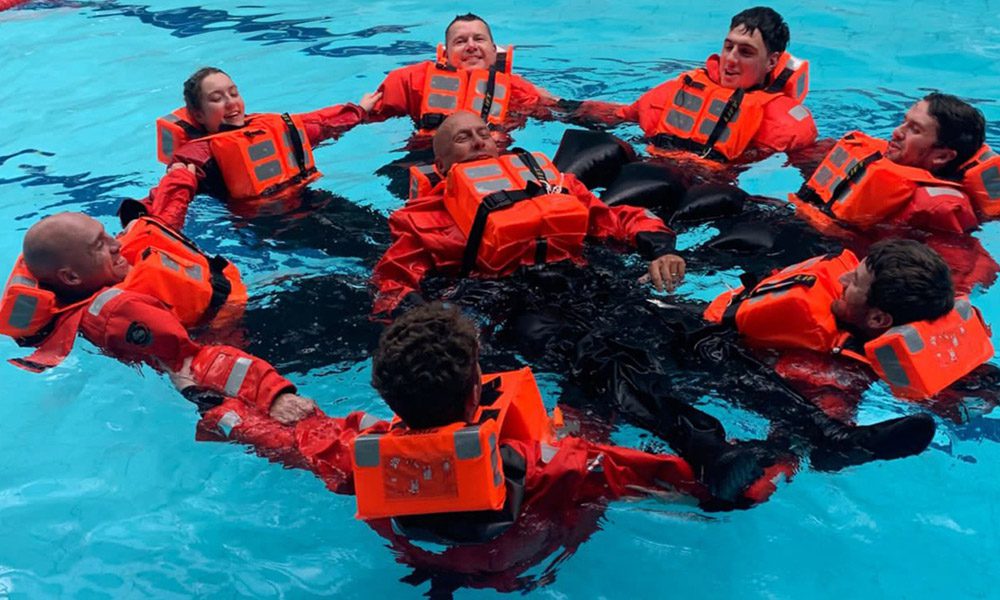Embarking on a career in offshore industries or considering offshore training courses for your team? Offshore training is a critical component of ensuring safety, compliance, and effective job performance in high-risk environments like oil and gas, maritime, and wind energy. To help you navigate the waters of offshore training, we’ve compiled a list of frequently asked questions to provide you with the essential information you need.
What Is Offshore Training?
Offshore training refers to specialised training programs designed to equip individuals with the knowledge and skills required to work safely and effectively in offshore environments. These environments include offshore oil platforms, maritime vessels, and offshore wind farms.
Why Is Offshore Training Necessary?
Offshore training is necessary to mitigate risks, ensure compliance with industry regulations, and enhance the safety of offshore workers. It covers a wide range of topics, including safety procedures, emergency response, survival skills, and technical competencies.
Who Needs Offshore Training?
Offshore training is essential for anyone working in offshore industries, including but not limited to offshore drilling crews, marine personnel, wind turbine technicians, and divers. Training requirements may vary based on job roles and responsibilities.
What Are the Key Topics Covered in Offshore Training?
Offshore training programs typically cover topics such as:
- Safety procedures and protocols
- Emergency response and evacuation
- Helicopter underwater egress training (HUET)
- Sea survival techniques
- Firefighting and first aid
- Technical skills specific to the industry
How Long Does Offshore Training Take?
The duration of offshore training varies depending on the specific program and the depth of training required. Some programs can be completed in a few days, while others may extend over several weeks, especially for more specialised roles.
Is Offshore Training Repeated or Recertified?
Yes, many offshore training certifications require periodic renewal or recertification to ensure that workers remain up-to-date with the latest safety standards and industry practices. The frequency of renewal varies by certification.
Are There Different Types of Offshore Training?
Yes, there are various types of offshore training programs tailored to specific industries and job roles. For example, there are different training programs for offshore oil and gas workers, maritime personnel, and offshore wind energy technicians.
How Do I Choose the Right Offshore Training Provider?
Choosing the right offshore training provider is crucial. Look for providers with a strong reputation, experienced instructors, up-to-date facilities, and a comprehensive curriculum that meets industry standards and regulations.
What Are the Costs Associated with Offshore Training?
The costs of offshore training can vary widely based on the type of training, the provider, and the location. It’s essential to consider not only the upfront training fees but also any associated costs, such as travel and accommodation.
Can I Take Offshore Training Online?
While some aspects of offshore training, such as theory and coursework, can be conducted online, many practical components require hands-on training and cannot be fully replicated in a virtual environment. Therefore, a combination of online and in-person training is often necessary.
Offshore training is a cornerstone of safety and success in offshore industries. By understanding the fundamentals of offshore training and seeking out reputable providers, individuals and organisations can navigate the complexities of working in offshore environments with confidence and competence.

